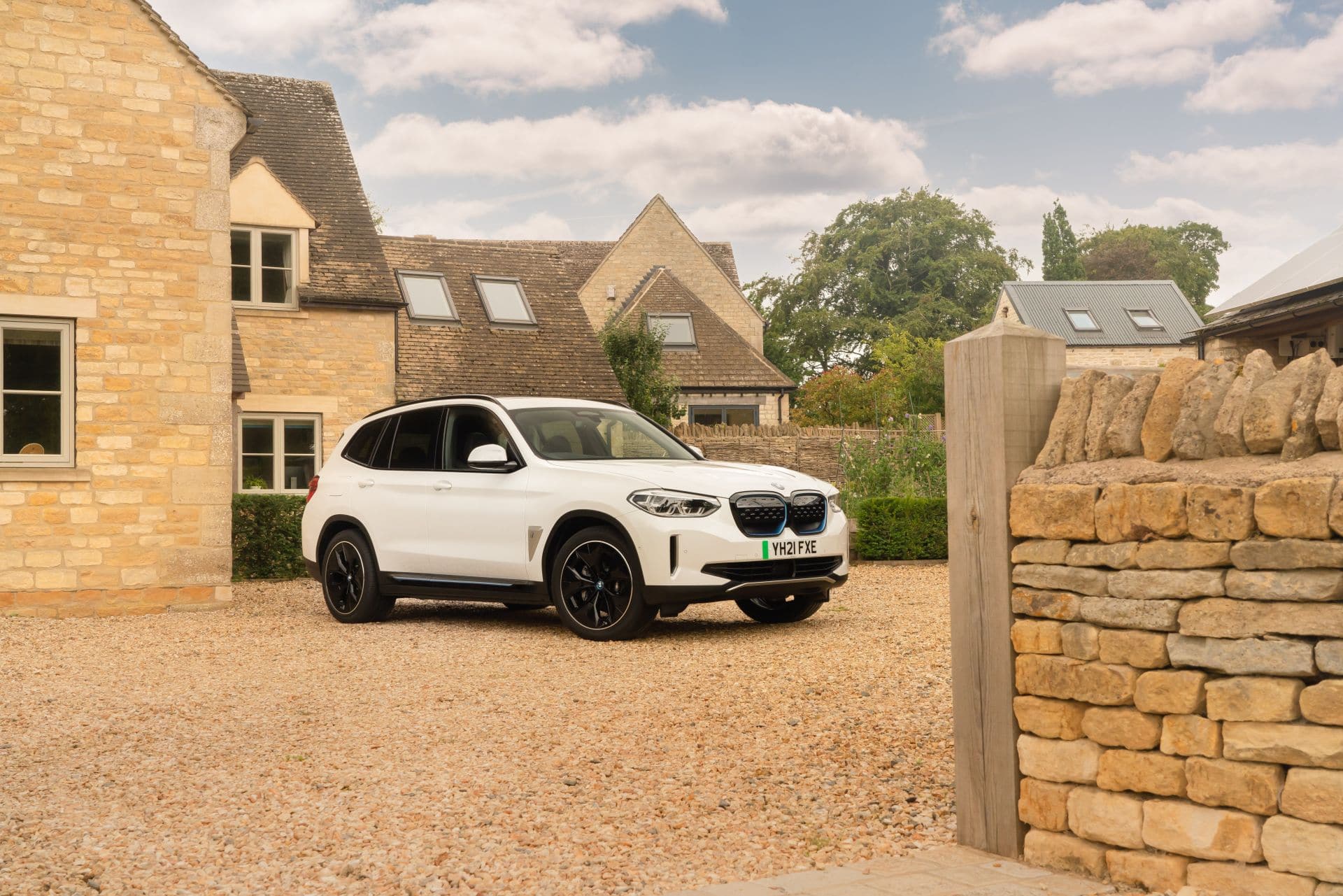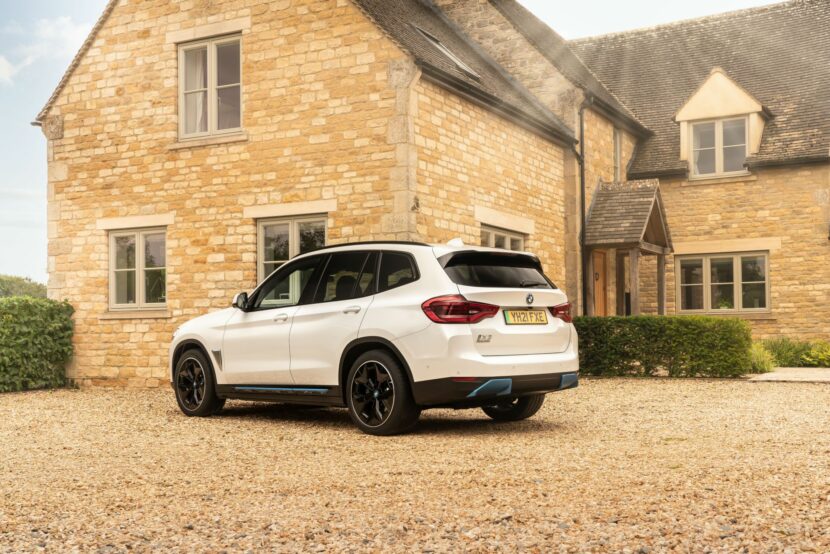China represents a huge business for BMW since 32 percent of sales last year were registered in the People’s Republic. It was the company’s largest single market with customer deliveries reaching 824,832 units, including the fully electric long-wheelbase 3 Series Sedan sold only in China. The i3 is available alongside stretched versions of the X1 and X5 crossovers.
With China playing a key role in BMW’s domination in the luxury sales race, CEO Oliver Zipse doesn’t see it as a threat to Europe. Some rival brands are concerned an influx of electric car imports could heavily impact demand for EVs produced on the Old Continent. So much so that voices within the European car industry are asking for higher import tariffs over the current 10% level. However, BMW’s head honcho sees things differently as he believes the threat is not as big as some claim.
In a media roundtable at the annual press conference, BMW CEO Oliver Zipse said: “The European automotive industry, when it comes to the BMW Group, is not massively damaged by the import of Chinese automobiles, nor is it in the interest of the EU to further impose customs on these products.”
The top brass from Munich added the consequences of having more and more Chinese cars on European soil have been “overblown” since companies such as BYD or MG can’t “just come into a market as large as Europe and just take it over.”
Earlier this month, archrival Mercedes through the voice of its CEO Ola Kallenius went a step further by telling The Financial Times that tariffs on Chinese electric cars imported to Europe should be lowered rather than raised.
The current-generation iX3 on the CLAR platform is produced exclusively in China and imported to Europe. Its successor won’t be built there since it’ll roll off the assembly line in Hungary at BMW’s new Debrecen plant. Series production of the electric crossover previewed by the Vision Neue Klasse X starts in the second half of 2025.


















































